



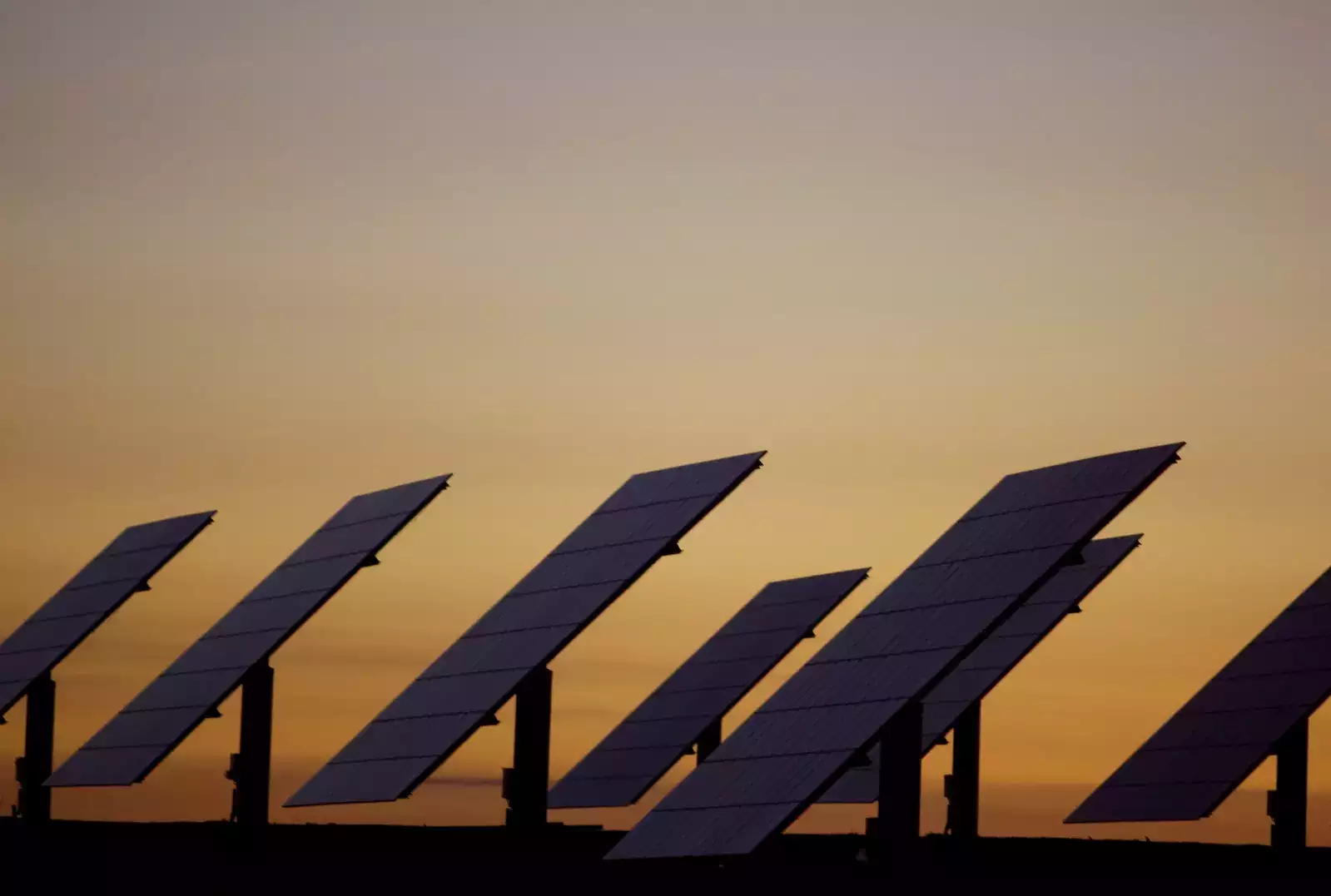
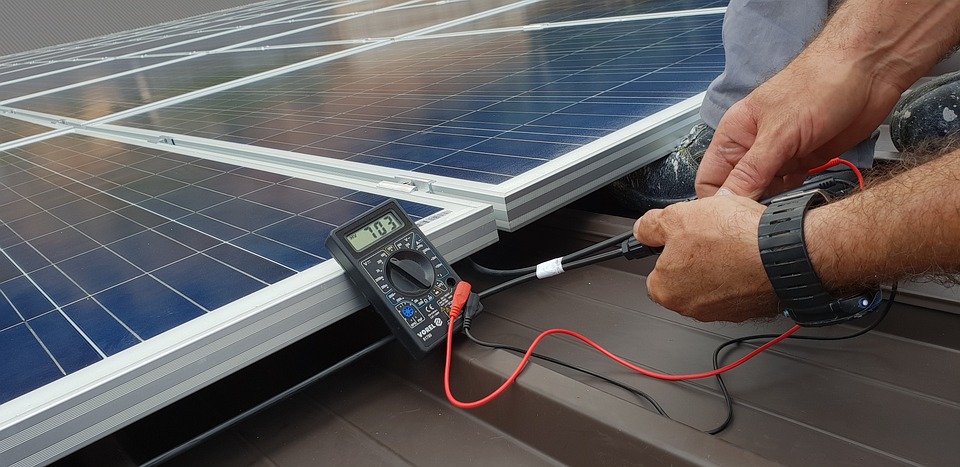
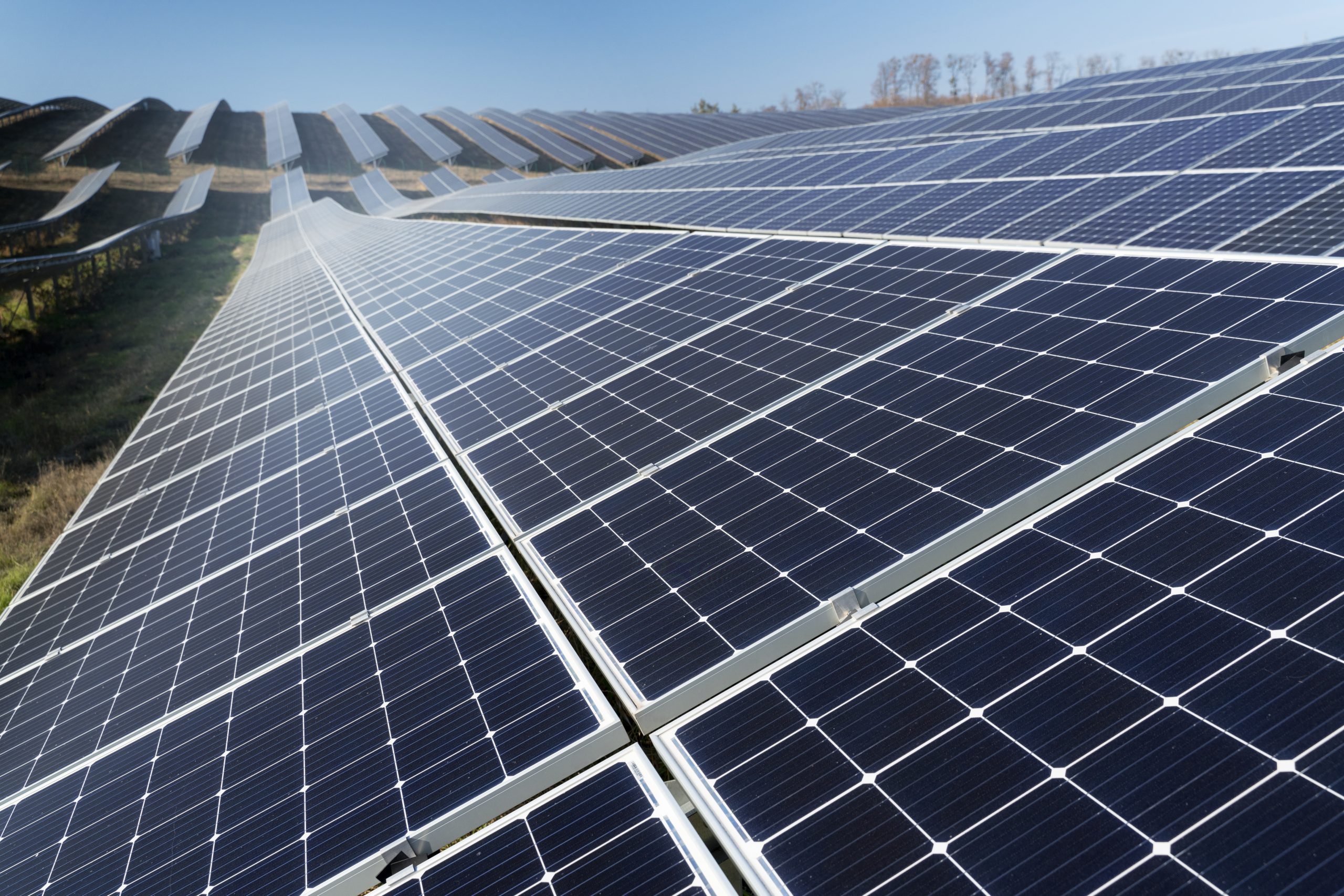


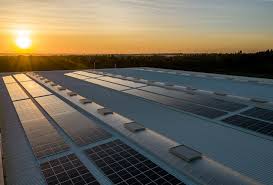
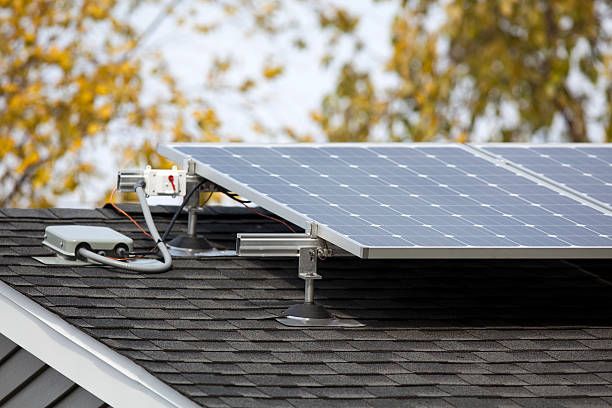
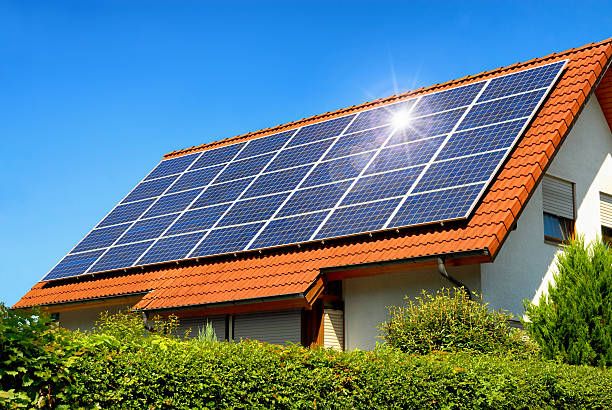

Solar energy has been gaining popularity in recent years as a clean and renewable energy source. With the increasing demand for energy and the need to reduce our reliance on fossil fuels, solar energy has become a vital part of the energy mix. In this blog, we will explore the reasons why solar is the need of the hour.
The first reason why solar is the need of the hour is the increasing demand for energy. The world's population is projected to reach 9.7 billion by 2050, and with this increase in population, the demand for energy will also increase. Solar energy is a sustainable and renewable energy source that can help meet this growing demand for energy. It is also a cost-effective solution, as the cost of solar panels has been decreasing in recent years, making it more accessible to households and businesses.
The second reason why solar is the need of the hour is the urgent need to reduce our dependence on fossil fuels. Climate change is one of the biggest challenges facing our planet, and it is caused by the burning of fossil fuels. Solar energy is a clean energy source that does not produce any greenhouse gases, making it an important tool in the fight against climate change. It also reduces the need for fossil fuels, which are not only a major contributor to climate change but also a finite resource that will eventually run out.
The third reason why solar is the need of the hour is its ability to provide energy independence. Solar energy can be generated locally, which means that it can be used to power homes and businesses without the need for electricity transmission lines. This reduces the dependence on centralized power systems, which can be vulnerable to power outages and other disruptions. Solar energy can also be used to power off-grid communities and remote areas that are not connected to the electricity grid.
The fourth reason why solar is the need of the hour is its ability to create jobs. The solar industry is rapidly growing and is expected to continue to do so in the future. This creates jobs in the manufacturing, installation, and maintenance of solar panels. The increase in solar energy also creates jobs in the research and development of new solar technologies. This not only helps to reduce unemployment but also helps to stimulate economic growth.
Read Further: Solar Energy: What you need to know
In conclusion, solar energy is the need of the hour for several reasons. It can help to meet the increasing demand for energy, reduce our dependence on fossil fuels, provide energy independence, and create jobs. It is a sustainable and renewable energy source that can play a vital role in the energy mix and help to combat climate change. With the decrease in the cost of solar panels, it has become more accessible to households and businesses, making it an attractive solution for meeting energy needs. We must continue to invest in solar energy and support the growth of the solar industry to ensure a sustainable future for our planet.
Solar hours refer to the amount of time that the sun is shining on a specific location. This is typically measured in hours and is used to determine the amount of solar energy that can be harnessed in a given area. The concept of solar hours is important for those who are interested in solar power and energy efficiency, as it can help to determine the potential of a location for solar energy production.

Solar hours are typically measured by a device called a pyranometer, which is a type of sensor that measures the amount of sunlight that is received by a specific location. The pyranometer is typically placed in an area that is exposed to direct sunlight, such as on a rooftop or in a field. The device measures the amount of sunlight that is received in watts per square meter, which is then converted into hours of sunlight.
The number of solar hours that a location receives can vary depending on a number of factors, such as the time of year, the location of the location, and the weather conditions. For example, locations that are closer to the equator tend to receive more solar hours than locations that are farther away. Additionally, locations that are at higher elevations tend to receive more solar hours than locations that are at lower elevations.
Another factor that can affect the number of solar hours that a location receives is the weather conditions. For example, locations that experience more cloud cover will typically receive fewer solar hours than locations that experience less cloud cover. Additionally, locations that experience more storms and inclement weather will typically receive fewer solar hours than locations that experience fewer of these types of weather conditions.
The concept of solar hours is important for those who are interested in solar power and energy efficiency, as it can help to determine the potential of a location for solar energy production. By understanding the number of solar hours that a location receives, individuals and businesses can determine the potential of a location for solar power and energy efficiency and can make more informed decisions about investing in solar energy systems.
In conclusion, solar hours refer to the amount of time that the sun is shining on a specific location and it is measured in hours. It helps to determine the potential of a location for solar energy production and how much energy can be harnessed in a given area. Factors such as location, weather conditions, and time of year can affect the number of solar hours that a location receives. Understanding solar hours is crucial for individuals and businesses who are interested in solar power and energy efficiency, as it can help them make more informed decisions about investing in solar energy systems.
You can also read: What is the best time to use Solar System?

In conclusion, solar energy is a crucial source of renewable energy that has the potential to greatly reduce our dependence on fossil fuels and mitigate the impacts of climate change. It is a clean and sustainable source of power that can be harnessed locally and globally, making it accessible to communities and individuals regardless of location. Investing in solar energy infrastructure and technology can create jobs, stimulate economic growth, and improve energy security. Overall, the importance of solar energy cannot be overstated as it is a key solution to addressing energy and environmental challenges facing our planet.
Read More: Top 5 advantages of solar energy on environment and health